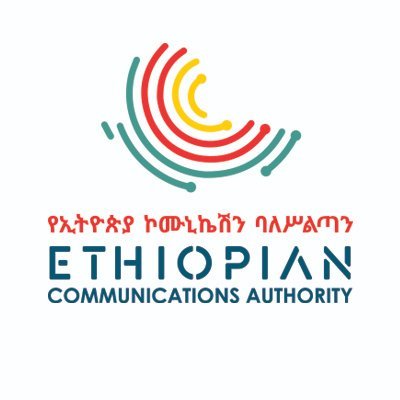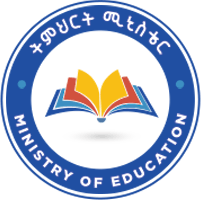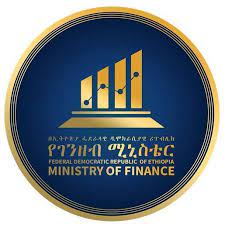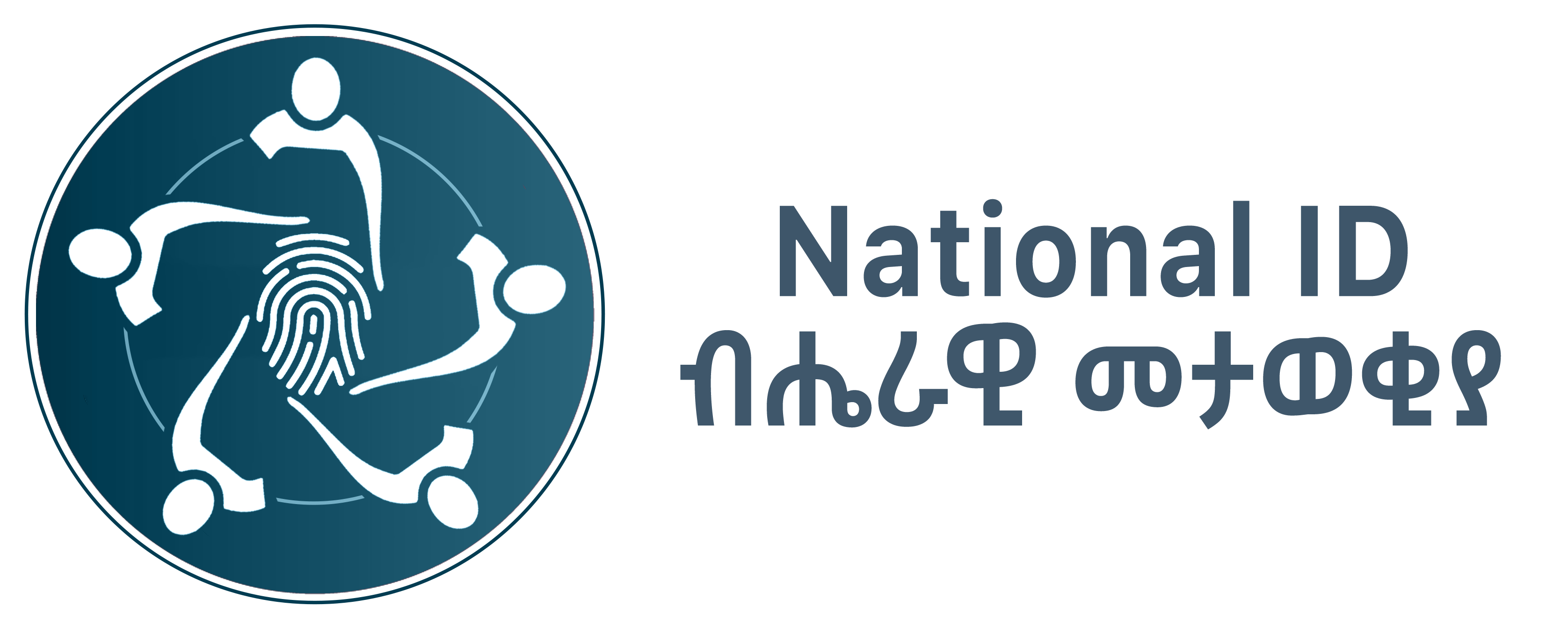Components
Component One: Digital economy, enabling legal and regulatory environment
This component will finance technical assistance (TA) to strengthen the analog foundations of the digital economy, in particular policy-making, and effective regulation for the telecommunications sector and for the development of digital entrepreneurship. A strong telecommunications sector is built on market competition, private sector participation and effective, independent regulation – all of which have been lacking in Ethiopia to date. The GoE announced its intention, in September 2018, to embark on a process of reform of the telecom sector and subsequently requested support from the IFC1 for the award of two new full-service telecommunication licenses to compete alongside the incumbent, Ethio Telecom, for which it requested support from the WB for partial privatization. The GoE has also requested support for strengthening the sector regulator (ECA), established in September 2019, and for reviewing the relevant legal and regulatory foundations of the digital economy2. A PPA agreement for US$6 million was signed between the GoE and the WB on October 22, 2019. A significant proportion of the PPA has been dedicated to contracting the transaction advisor to support the partial privatization of Ethio Telecom and to strengthening the ECA.
1.1 Partial privatization of Ethiotelecom
This Sub-component supports the partial privatization of Ethio Telecom, through the recruitment of a transaction advisor under the PPA. Until the passage of the Communications Services Proclamation, Ethio Telecom, which is 100 percent state owned, enjoyed virtually a complete monopoly in the provision of telecommunication infrastructure and services.1 The GoE announced that the partial privatization of Ethio Telecom would go ahead with the sale of up to 40 percent to a strategic partner, with a further 5 percent of shares set aside for purchase by Ethiopian nationals.2 The company would be privatized as a whole (both infrastructure and services arms), with proceeds going to the Industry Development Fund3. The GoE has made it clear that support for Ethio Telecom would be restricted to the hiring of a transaction advisor to manage the process. No further TA or IDA funds have been requested to support Ethio Telecom’s restructuring process, nor any organizational or staffing development. Nevertheless, risk management instruments, including as a social assessment and a labor management plan, are being produced by the project, but not a social plan for the possible downsizing of Ethio Telecom. Thus, no related risk management instruments, have been produced by the project.
The process of recruiting a transaction advisor (firm) to manage the privatization process, and preparatory steps, such as completing the inventory of assets and valuation for Ethio Telecom, began in 2019 and was funded under the Ethiopia Telecom Reform Program (P168536). The transaction advisor was hired in September 2020 using funds from this project’s PPA. The Transaction Advisor will assist in preparing a data room, organizing a roadshow for potential investors, conducting a bidding process and advising the GoE on the form the transaction should take, and selecting a strategic partner. The aim would be to complete the partial privatization process in synchronization with the market opening, and the transaction advisor has committed to completing this within nine months (that is, by mid-2021). This timetable was initially slowed by the COVID-19 pandemic, but now seems to be on track.
1.2 Strengthening independent ICT sector regulation
A critical part of the overall process of telecom reform is the need to strengthen the ECA, so that it can function effectively as an independent, transparent, efficient and accountable regulatory body. Following its creation in September 2019, the staff of the ECA were drawn initially from the Regulation and Technical Standards Directorate of the former Ministry of Communications and Information Technology (MCIT).1 ECA is responsible for a broad range of activities, as set out in the Communications Services Proclamation 1948/2019. It is also expected to acquire additional responsibilities for eCommerce, and for the establishment of a future Certification Authority, under the eTransactions Proclamation. The TA provided to the ECA under this Sub-component will be geared towards helping it carry out these tasks in the newly competitive market, through provision of TA and capacity building,2 including for:
a) Assisting the ECA in establishing itself, physically, institutionally and professionally;
b) Assisting the ECA to draft procedures to create a competitive market environment, including conducting stakeholder consultations, developing draft licenses and allocating scarce resources;
c) Assisting the ECA in its role of managing spectrum, including acquiring relevant equipment for spectrum monitoring. A consulting firm has been hired to help conduct a baseline spectrum review and identifying equipment needs using Trust Funds 3;
d) Assisting the ECA in developing a Universal Service Fund (USF), and building the capacity to run it;
e) Transferring responsibility for the .et domain name management, currently with Ethio Telecom, to ECA and setting up an internet registry and authorizing private internet registrars to issue domain names using the .et country-code top-level domain (ccTLD);
f) Building building and general regulatory strengthening, including study visits and a tailored training program for ECA staff and management, and developing a public communications plan for the overall reform process; and
g) Assisting the ECA in adopting regulatory standards on siting, design, construction and operation of telecommunications infrastructure in response to climate risks4.
1.3: Supporting the development of the digital economy
Although the main focus of Component 1 is on the partial privatization of Ethio Telecom and strengthening the regulatory authority, there are a number of other tasks associated with creating a vibrant, inclusive and secure digital economy in Ethiopia that the project can support or complement. The MInT has prepared a Digital Transformation Strategy 2025,1 approved by the Council of Ministers in June 2020, which sets out a vision for the development of the digital economy. The GoE has committed to creating some 300,000 new jobs in the digital sector and Component 3 will be specifically geared towards helping in achieving this goal. The project will provide legal and regulatory support for the implementation of the strategy, and this activity will support the preparation of possible future activities supported under the program in a number of ways including:
a) Digital Economy Policy. This will support capacity building of senior government officials, notably in the MInT (also under Sub-component 3.2) and the ECA (also under 1.2), to design, implement and evaluate policies and regulations for the development of the digital economy.
b) Digital Business and Entrepreneurship. This activity will support the policy and regulatory actions that will need to be implemented to support implementation of Component 3. The Jobs Creation Commissioner has requested that the project finance a systematic study of existing legislation in different sectors of the economy that might be hindering digital job creation.
c) Digital Identification (ID). A GoE initiative to introduce a foundational ID system has been led by the Ministry of Peace (MOP) in collaboration with the MInT and the Prime Minister’s Office. The project will support the operationalization of the enabling environment and key building blocks in line with the Principles on Identification for Sustainable Development2 and international best practices for inclusion, data protection and privacy, and technology and vendor neutrality. Specific activities include:
-
-
-
Establishment of the legal framework for data protection and the foundational ID system and support to the implementation of key institutions, in particular for the establishment of the Data Protection Authority and the Digital ID Agency.
-
Expert technical advisory support and implementation of a pilot.
-
Civil society and public engagement, including dedicated resources for the GoE to organize civil society consultations.
-
-
d) Data Privacy and Protection. The draft Data Privacy and Protection Proclamation calls for the establishment of a new Data Protection Commission. The project will support the operationalization of the law and the establishment of the new commission by funding activities such as registering data controllers and processors, establishing a mechanism by which to receive and decide on complaints and building the commission’s capacity to issue regulations, decisions and advice.





